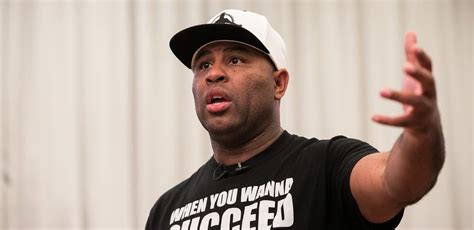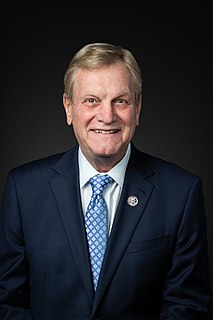A Quote by Dean Koontz
A great deal of phenomenal experience has fostered in me a flexibility of the mind and imagination that some might call madness
Quote Topics
Related Quotes
It might seem strange to feast on Guinea pig, but Ecuadorians love to eat cuy. Personally, I think it's a phenomenal alternative to pork or chicken. High in protein, low in fat, cheap and easy to raise. Oh, and cuy tastes great, much like roast pig. You might call it a pet, but I prefer to call it dinner.
I say that creeds, dogmas, and theologies are inventions of the mind. It is the nature of the mind to make sense out of experience, to reduce the conglomerates of experience to units of comprehension which we call principles, or ideologies, or concepts. Religious experience is dynamic, fluid, effervescent, yeasty. But the mind can't handle these so it has to imprison religious experience in some way, get it bottled up. Then, when the experience quiets down, the mind draws a bead on it and extracts concepts, notions, dogmas, so that religious experience can make sense to the mind.
Things change. There has to be flexibility. Let me give you an example. President Xi, we have a, like, a really great relationship. For me to call him a currency manipulator and then say, “By the way, I'd like you to solve the North Korean problem,” doesn't work. So you have to have a certain flexibility, Number One. Number Two, from the time I took office till now, you know, it's a very exact thing. It's not like generalities.
If all people learned to think in the non Aristotelian manner of quantum mechanics, the world would change so radically that most of what we call "stupidity" and even a great deal of what we consider "insanity" might disappear, and the "intractable" problems of war, poverty and injustice would suddenly seem a great deal closer to solution.
Henry Corbin creates the world - most of all his examination of the imagination and what the imagination was for him. Some philosophers would think of the imagination as a synthetic ability, how you put different things together. Artists more think of the imagination as creativity. So I really like the way that he presents the imagination as a faculty that allows one to experience worlds that are not exactly physical but are real nonetheless.
In this century the writer has carried on a conversation with madness. We might almost say of the twentieth-century writer that he aspires to madness. Some have made it, of course, and they hold special places in our regard. To a writer, madness is a final distillation of self, a final editing down. It's the drowning out of false voices.
Wishing is the beginning of imagination. They practice wishing when they are young things, and then -when they have grown - they have a developed imagination. Which can do some harm - greed, that kind of thing - but more often does them some good. They can imagine that things might be different. Might be other than they seem. Could be better.



































